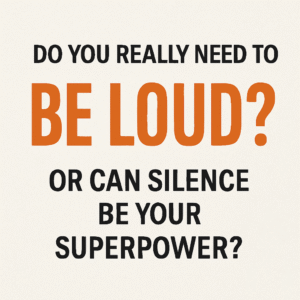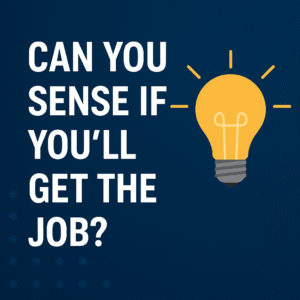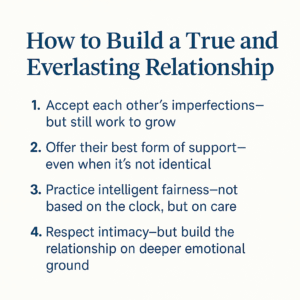
In this blog, I want to explore a question that many of us quietly ask ourselves but rarely discuss in depth:
Is learning without experience really possible?
We all go through formal education. You attend law school to become a lawyer, study business to become an entrepreneur, or master computer science to launch a tech startup. But is that knowledge alone enough?
Can you truly excel in your field—or in life—without first going through the grind of experience?
Let’s dig into this, not from a textbook perspective, but from real life.
The Difference Between Knowing and Living
Let’s be honest—our modern world is obsessed with learning. We’ve made knowledge so accessible that we often forget something crucial: experience is a different kind of teacher.
You can read every business book, or master every course—but without experience, your understanding remains incomplete. It’s like trying to swim by reading manuals without ever getting into the water.
Here’s why:
The world doesn’t operate by fixed formulas. It’s full of unpredictability. People’s behaviors change. Circumstances shift. What worked yesterday might not work today.
So even if you’ve learned something to its absolute perfection, you’ll still face situations that no book or theory could have prepared you for.
Why Experience Can’t Be Skipped
Even top universities and professional programs recognize this. That’s why internships, residencies, and fieldwork are built into their systems. It’s not because your learning was weak—it’s because you haven’t applied it in the real world yet.
Here’s the truth:
Whether you like it or not, experience is inevitable. In practice, applying formal learning to real-world situations inevitably leads to the acquisition of experience, whether favorable or unfavorable.
And more importantly—experience is where real learning happens.
What About Negative Experiences?
This is where most people struggle. We accept positive experiences easily. They feel rewarding, and we’re quick to label them as “success.”
But when things go wrong—when we fail, feel hurt, get rejected, or lose—we feel stuck.
Here’s what I’ve learned:
A negative experience often means your learning process isn’t complete yet.
That failure, frustration, or heartbreak? It’s not the end—it’s a signal that your perspective needs to shift. Often, the real lesson begins when everything seems to go wrong.
A Real Story: When Failure Led to Something Far Greater
One of my close friends told me a story about his son that I’ll never forget.
This young man had worked hard preparing for a major exam—one that was supposed to define his future. But he failed. And the impact on him was heavy. He didn’t just lose an academic opportunity—he lost confidence, clarity, and motivation. It took nearly a year for him to emotionally recover from that experience.
During that time, he applied for multiple jobs—but faced rejection after rejection.
He began to ask himself:
“What else can I do? Where else can I go?”
With no clear options and nowhere to turn, he decided to do something simple: Eventually, he opened a modest coffee shop, just to bring in some income and create a place he enjoyed.
Fast-forward a few years, and that same coffee shop evolved into a thriving fast food restaurant—so popular that people now line up outside just to grab a quick bite.
He once told me:
“If I hadn’t failed that exam, I would have never discovered what I was truly meant to do. That failure forced me to find something deeper in myself—and it changed my life.”
That’s the kind of insight only experience can give you.
Especially negative experience.
So, What Do We Do With Our Pain?
We change our direction. We evolve.
The experience gives us new tools that information alone can’t provide.
And this principle applies to every aspect of life—career, relationships, business, and personal growth. Even when you’ve mastered a subject, life will test you, and in those tests, you’ll gain wisdom that no degree can offer.
Negative experiences aren’t the opposite of success. They’re part of the path.
The Tool That Makes Experience Transformative: Emotional Maturity
Here’s the most important takeaway:
The way you handle experience—especially the negative ones—depends on your emotional stability.
When you stay calm, grounded, and self-aware during difficult moments, you unlock your brain’s full potential—especially the prefrontal cortex, the part responsible for logical thinking and good decision-making.
That’s why emotional maturity isn’t just a personal trait—it’s a success skill.
Final Thoughts
We cannot separate learning from experience.
Experience, particularly the painful kind, is what completes our learning journey. It clarifies what information alone cannot. And when we process those experiences with emotional maturity, we grow in ways that no book or classroom can fully teach us.
So next time life throws you into an unexpected situation—especially one that hurts—remember this:
This moment isn’t just a struggle. It’s a lesson waiting to be realized.
Thank you for reading. I hope this gives you something to reflect on, and maybe even changes how you see your own experiences.
Until next time—learn deeply, and live fully.
Disclaimer: This blog is based on personal experience and observations. It is intended for educational and self-development purposes only. It does not replace professional psychological or therapeutic advice. Individual experiences and results may vary.


